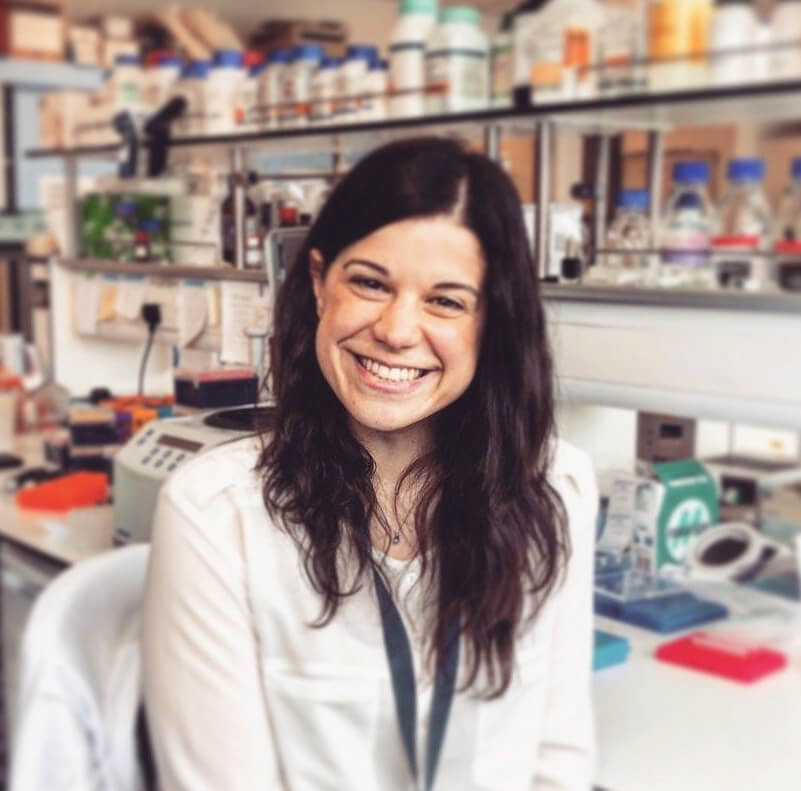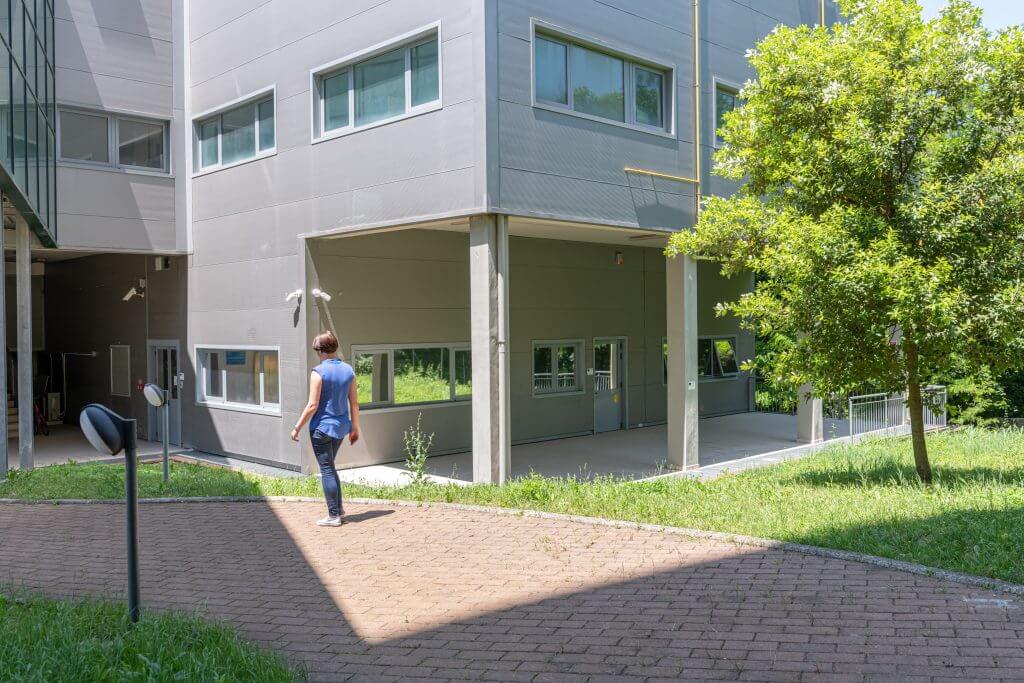New vector biologist


I am excited to be joining the Target Malaria team as a Postdoctoral Researcher in Vector Biology based in the Polo d’Innovazione di Genomica, Genetica e Biologia (Polo GGB) in Terni, Italy.
After more than four beautiful years spent in the rainy Glasgow, I packed boxes and house plants and, amid a global pandemic, I moved from Scotland back to my home country of Italy.

At the University of Glasgow, I was part of Professor Steven Sinkins’ group at the Medical Research Coundil (MRC) – Centre for Virus Research (CVR). Between long black coffees and Iron Bru (I am joking, you can drink it only if you are a truly Scot!), my days were busy studying Wolbachia, a bacterium which lives in the cells of many insects, including mosquitoes. One of its most interesting features is that it is able to block viruses from propagating in mosquito tissues – the virus cannot replicate, the vector does not transmit it, and the disease does not spread.
My research focused on establishing and characterizing novel Wolbachia-carrying Aedes aegypti (the primary vector of dengue) lines to be released for replacing the natural mosquito population with virus-refractory mosquitoes. Together with my colleagues, I was lucky enough to see the mosquito lines that we extensively studied, being released in the open field to help prevent the spread of diseases. I was mainly involved in collaborative release trials in the different dengue hot spots of Kuala Lumpur in Malaysia. Cup after cup, hundreds of thousands of Wolbachia-carrying mosquitoes were released and, soon after their establishment, we observed a significant reduction in local dengue incidence in all intervention sites.
Since my first approach with mosquitoes during a postgraduate internship, spending most of my time in the insectary is part of my daily routine. During my PhD, I studied bacterial symbioses in Anopheles mosquitoes, and how to apply these mutual and natural associations to control mosquito-borne diseases. I also had the great opportunity to spend some time in the Brazilian Amazon to study the major malaria vector in that area – it was an incredibly enlightening experience, which made me realize the impact of our research.
I am thrilled to now be part of Target Malaria, to have the opportunity to contribute to innovative and groundbreaking research projects and to collaborate with many talented people with different backgrounds towards a common purpose.
Outside the lab, when I am not deep into reading novels, I enjoy running and mountain hiking with my two Labradors.
Follow me on Twitter: @mavi_mancini
